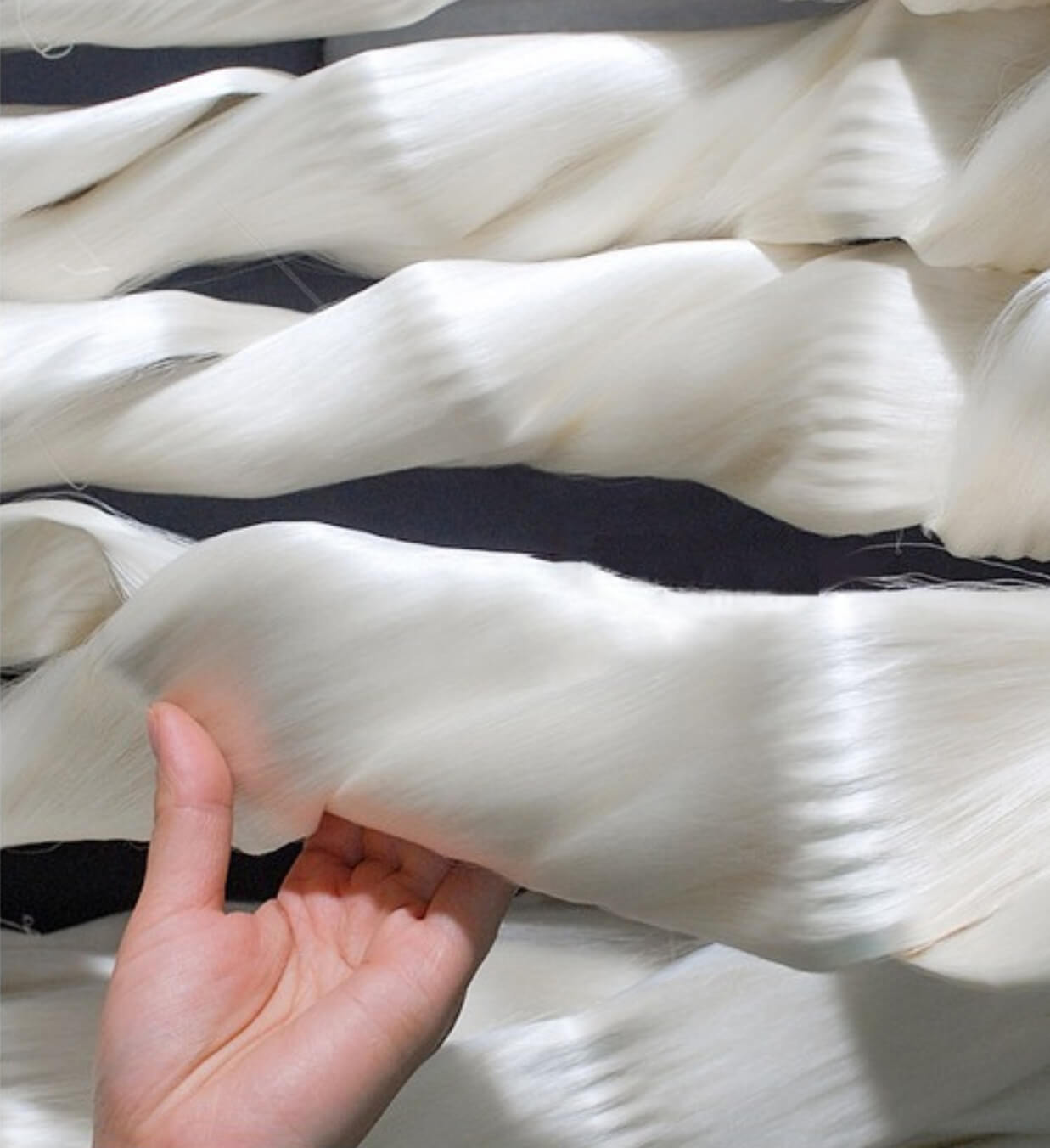What does OEKO-TEX stand for?
OEKO-TEX stands for "Öko-Tex Standard" in German, which translates to "Ecological Textile" in English.
What is OEKO-TEX Certification?
OEKO-TEX certification is an independent, worldwide standardized testing and certification system for textile products and their components.
The OEKO-TEX certification process involves extensive laboratory testing conducted by independent and accredited testing institutes. These tests examine textile products and their components for a wide range of hazardous substances, depending on the intended use and the sustainability aspects of the product or production process.
Products that meet the strict criteria and do not contain harmful levels of these substances are granted the appropriate OEKO-TEX certification.
What is the OEKO-TEX Standard 100?
There are different OEKO-TEX certification levels based on the product's intended use and the strictness of the testing criteria.
This OEKO-TEX Standard 100 certification is for products intended for direct contact with the skin, such as clothing and accessories.
What does OEKO-TEX Standard 100 test for?
When a textile product is tested according to OEKO-TEX Standard 100, it undergoes thorough and extensive testing for a wide range of substances, including but not limited to:
- Allergenic dyes: Substances known to cause allergies in some individuals.
- Harmful chemicals: Such as formaldehyde, which can be irritating and potentially carcinogenic.
- Heavy metals: Such as lead, cadmium, and mercury, which can have toxic effects on the body.
- Phthalates: Chemicals used to soften plastics that may have harmful effects on human health.
- Pesticide residues: Traces of pesticides used in agriculture that could remain on natural fibers like cotton.
- Chlorinated organic carriers: Chemicals used in textile processing that could be harmful to the environment.
A tested textile product is then allocated to one of the four Oeko-Tex® product classes.
Product class I: Articles for babies and toddlers
Product class II: Articles with direct contact to the skin
Product class III: Articles without direct contact to the skin
Product class IV: Home textiles
For the silk fabric to be qualified as Product Class 1, the textile (every thread, button and other accessories, need to be tested for harmful substances and meet the most stringent criteria) so that the product will be safe for more intensive the skin contact of a textile product for even babies and young toddlers.
Generally, the most common product class for other silk fabrics in the market is Product Class II.
An OEKO-TEX® certificate is valid for 12 months. At the end of this time, it can be renewed for another year. This approach is recommended to ensure continuous product safety and smooth processes all along the textile production chain.
How to check the validity of the OEKO-TEX certification?
Simply scan the QR code of the certification or enter the certification number at the OEKO-TEX label check.

BASK™ mulberry silk fabric is OEKO-TEX Certified fabric and our product class is of the highest and the safest product class - Product class I: Articles for babies and toddlers.
For the silk fabric to be qualified as Product Class 1, the textile (every thread, button and other accessories, need to be tested for harmful substances and meet the most stringent criteria) so that the product will be safe for more intensive the skin contact of a textile product for even babies and young toddlers.
Pay extra attention to this, mummies or soon-to-be mummies. As a mummy ourselves, we understand how important this is. 🙌




